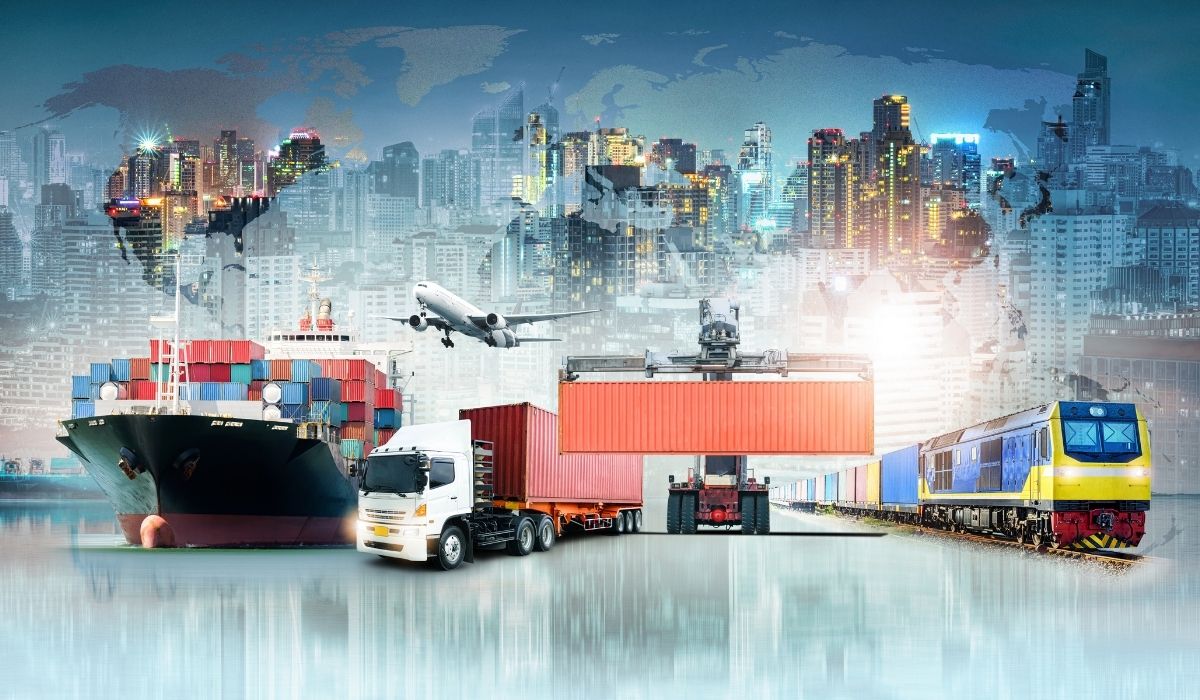As urbanization continues to accelerate, the importance of efficient and reliable public transportation systems has become increasingly apparent. Among the various modes of public transportation, metro systems have emerged as a popular choice for many cities around the world due to their speed, capacity, and environmental benefits. However, not all metro systems are created equal, and some countries have invested more heavily in this infrastructure than others. In this article, we will explore which country has the best metro system based on several key factors.
- Coverage and Accessibility
One of the most important factors in evaluating a metro system is its coverage and accessibility. A good metro system should be able to connect different parts of the city and provide easy access to major landmarks, business districts, and residential areas. In this regard, China has made significant strides in recent years, with its metro systems covering over 7,000 kilometers and serving more than 50 cities. Beijing alone has 22 metro lines and over 400 stations, making it one of the most extensive metro systems in the world.
- Efficiency and Reliability
Another crucial factor in evaluating a metro system is its efficiency and reliability. A good metro system should be able to operate smoothly and on time, with minimal delays and disruptions. In this regard, Japan is widely regarded as a leader, with its metro systems known for their punctuality and precision. Tokyo's metro system, for example, has an average delay of only 18 seconds, making it one of the most reliable in the world.
- Safety and Security
Safety and security are also important considerations when evaluating a metro system. A good metro system should have adequate measures in place to ensure the safety of passengers, including CCTV cameras, emergency exits, and fire safety systems. In this regard, South Korea has made significant investments in its metro systems, with Seoul's metro system being one of the safest in the world. The system has a low crime rate and is equipped with advanced safety features such as automatic platform gates and real-time CCTV monitoring.
- Environmental Sustainability
Finally, environmental sustainability is an increasingly important factor in evaluating a metro system. A good metro system should be designed to minimize its environmental impact, with measures such as energy-efficient trains, regenerative braking, and renewable energy sources. In this regard, France has made significant strides, with its metro systems being powered by renewable energy sources such as wind and solar power. Paris' metro system, for example, has reduced its carbon emissions by 50% since 2004.
Conclusion
In conclusion, there is no single country that can claim to have the best metro system in the world, as each system has its strengths and weaknesses. However, based on the factors we have explored, China, Japan, South Korea, and France are among the countries that have made significant investments in their metro systems and are leading the way in terms of coverage, efficiency, safety, and sustainability. As cities continue to grow and evolve, it is likely that metro systems will play an increasingly important role in shaping the urban landscape and improving the quality of life for millions of people around the world.


